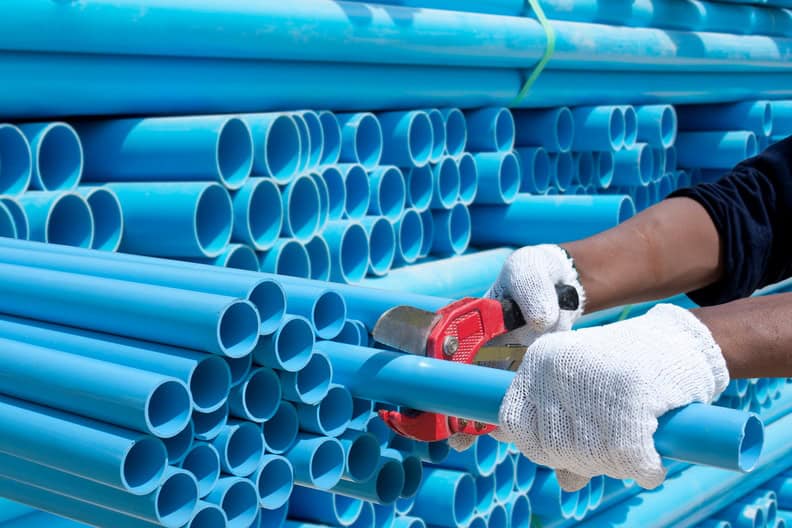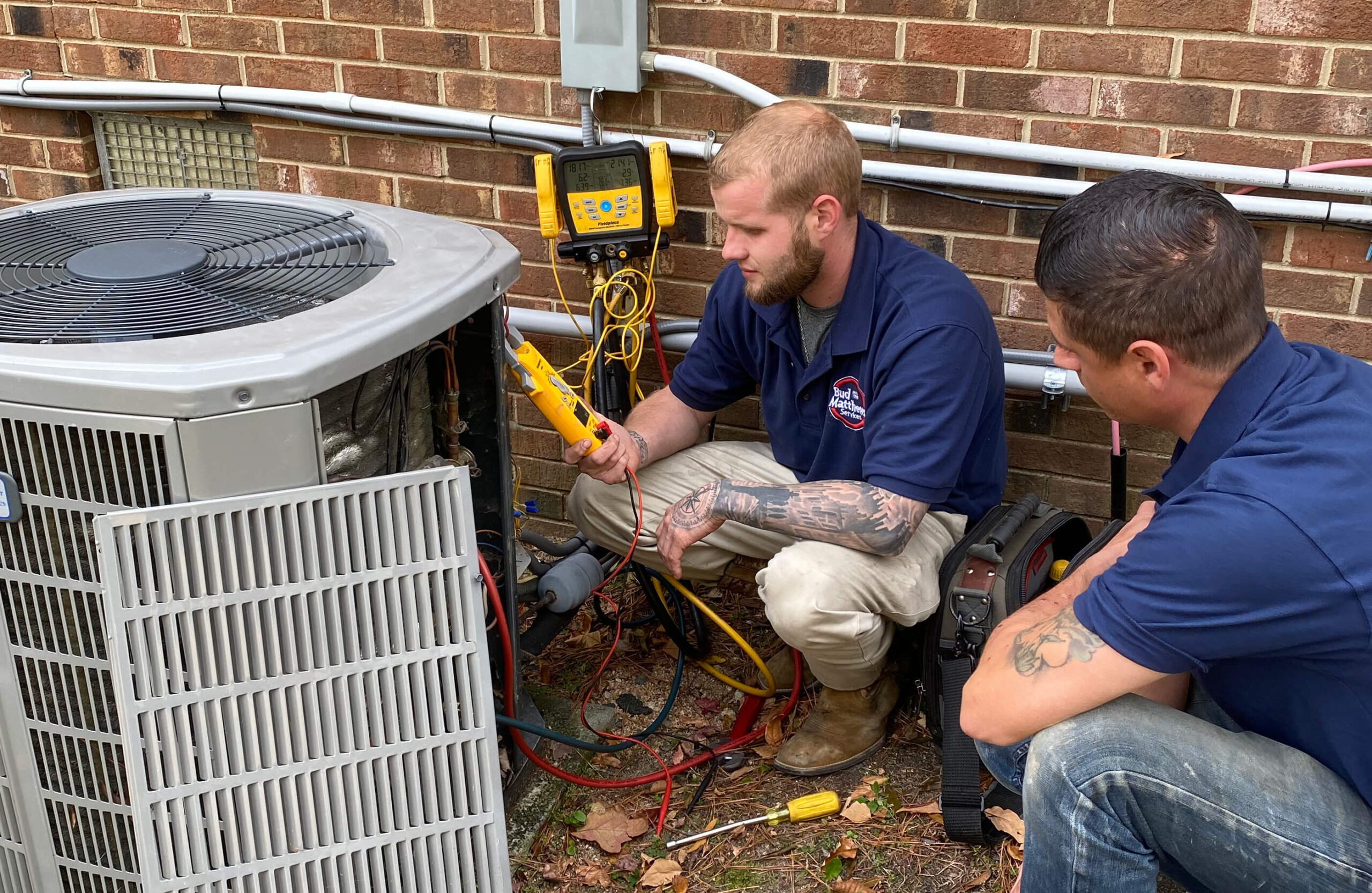Copper and Plastic: A Look at Modern Piping Materials

One of the most important jobs we perform as a plumbing contractor in Durham, NC is piping service. This can mean as small a task as taking out damaged and leaking pipes and putting in new ones, all the way to full whole-house repiping where our plumbers systematically remove outdated pipes from an older house and replace them with upgraded materials.
Since the primary audience here at our website isn’t professional plumbers, you may not know exactly what outdated piping materials are or what type of material needs to replace them. There are multiple options when it comes to repiping, and we’re going to take a look at the three most common and how they’re put to use.
But first: the old materials
What piping materials are we looking to swap out? The usual suspects behind declining piping in older homes are galvanized steel, cast iron, and clay. (The last item is usually found in sewer lines.) Although thought to be durable when they were first employed in home construction, all of these materials are prone to decay over time and are heavy and expensive. Newer materials, in general, have better longevity, cost less, and have little danger of placing contaminants into the water supply.
Copper
This is the main metal used for modern plumbing. It took over after 1970 for most residential and commercial needs. Copper is tough, but it’s lightweight, making it easy to work with, and has more flexibility than iron or steel, so it’s less likely to break from pressure. Most importantly, copper is corrosion-resistant. Although it can corrode, there are only a few specific types of corrosion that affect it, and it will not simply corrode due to its age. This lack of corrosion also means copper is less like to place toxins into a fresh water supply.
CPVC
CPVC is one of two common types of plastic piping used for plumbing systems. CPVC stands for “chlorinated polyvinyl chloride.” It can stand a wider range of temperature fluctuations than its cousin, PVC piping, which prevents it from weakening at joints. Because of this, CPVC pipes are popular for use in hot water systems. It can be molded into a variety of shapes, making it highly adaptable and easy for plumbers to install in tight places.
PEX
This is “cross-linked polyethylene,” and it’s about a third the cost of copper piping, which right from the start makes it an attractive choice for a range of uses. It’s physically flexible and requires few seams and other fittings that can lead to weakening. It also resists scale buildup and will not corrode when exposed to water this high pH levels (something that can happen to copper). It is also one of the easiest types of piping material for plumbers to work with: simple to cut, no need for elbow joints or soldering, and makes jobs go faster.
You can trust to our plumbers to find the right type of piping materials for your repiping job. For large jobs, they’ll probably use a combination of materials—but they will also make sure to use the right material!
Bud Matthews Services is here in the Durham area for all your home service needs.










